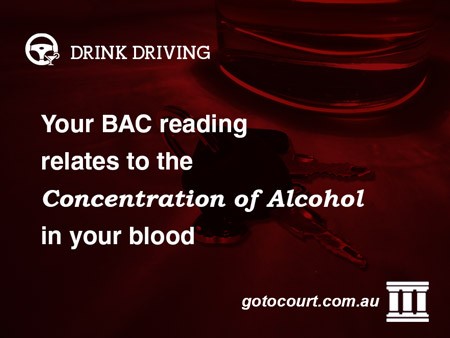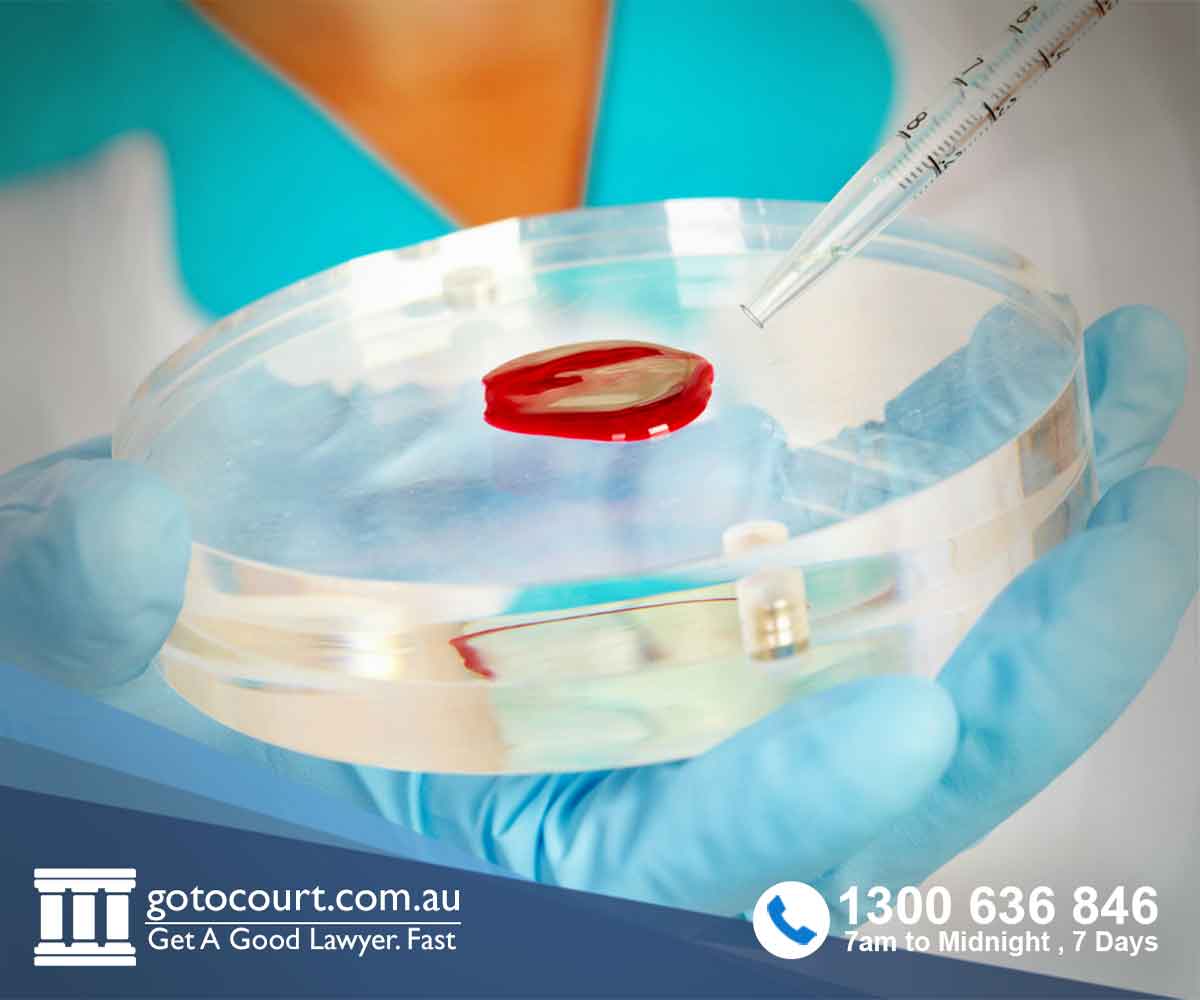Refuse Breath Test in Victoria
A preliminary breath test in Victoria and an evidentiary breath analysis are tests that use a sample of a person’s breath to estimate their blood alcohol content (BAC), which is the concentration of alcohol in their blood. It is conducted by a police officer on an approved breath analysing instrument. The offences, penalties and rules about breath testing are set out in the Road Safety Act 1986.

Requesting a breath test in Victoria
Police will routinely request a breath test in Victoria after a traffic accident. They also have the power to randomly stop vehicles and request that the driver take part in a preliminary breath test, known as a PBT. They can request a breath test from any person they find driving a motor vehicle on a road-related area, anyone who they believe was in control of a motor vehicle that was involved in an accident in the previous three hours, or any person who they believe was an occupant of a motor vehicle that was involved in an accident in the last three hours if it has not been established who was the driver. They may breath test a person who is instructing or sitting in the seat next to a learner licence holder who was driving on a road-related area or a road. A driver is usually first required to undergo a preliminary breath test (PBT) on a hand-held breath test device. If that test shows that there is alcohol in the driver’s breath, then the police will ask for a breath test, which will usually take place at the police station.
Refusing a breath test
In Victoria, an offence is committed if a person refuses to undergo either a PBT or a breath analysis or refuses to stop or stay for a PBT or accompany the police to the police station and provide a breath or blood test. Refusing a breath test means not only refusing outright but also failing to provide a sufficient sample of breath. This can happen if the person blows too weakly or stops breathing out before there is an adequate sample.
Breath analysis
At the police station, the driver will be asked questions and the answers will be noted and will be used against the driver later in court if they are charged. Whilst it is an offence to refuse to provide a sample of breath, it is not an offence to refuse to answer the questions, other than to provide a name and address. A second police officer will ask more questions before requiring a sample of breath for analysis on a machine that provides a printout of the blood alcohol content. If an insufficient sample is provided for the machine to make a reading, the printout will show that. The police officer will allow three attempts at a reading. If after three attempts there is still an insufficient sample or if the person refuses to give a sample then they may be charged with an offence.
The accuracy of breath analysis
Breath analysis machines always provide a reading that is less than the true blood alcohol concentration. This is due to many factors. There is ongoing debate around the accuracy and reliability of breath analysis machines.
Defences to refusing breath analysis or a breath test in Victoria
It is a defence to the charge of refusing to undergo a breath test in Victoria if there are medical reasons why the driver was not able to take part or provide a good sample for the breath test. There will need to be expert medical evidence of this for the court.
If the police believe there may be a medical reason that a person cannot provide a blood sample, they will often direct the driver to provide a blood sample, which must be done unless it would be medically dangerous to do so. If a blood sample is taken, the driver will be provided with part of the sample if they wish to arrange their own testing.
A driver does not have to submit to a breath test or breath analysis if three hours have passed from the time that the police were entitled to ask them to undergo a test, and does have to submit even if they are at home (unlike in some other states).
There are numerous procedural steps that the police must take before, during, and after they conduct a breath test and if they do not carry them out lawfully then the prosecution may not be successful.
Penalties
For a person’s first drink driving offence, the penalty will be a substantial fine and a licence disqualification of two years. For their second conviction, the fine will be much larger, their licence will be disqualified for four years and there is also a maximum of 12 months in jail that can be imposed. For the third or subsequent offence, the maximum jail sentence increases to 18 months.

